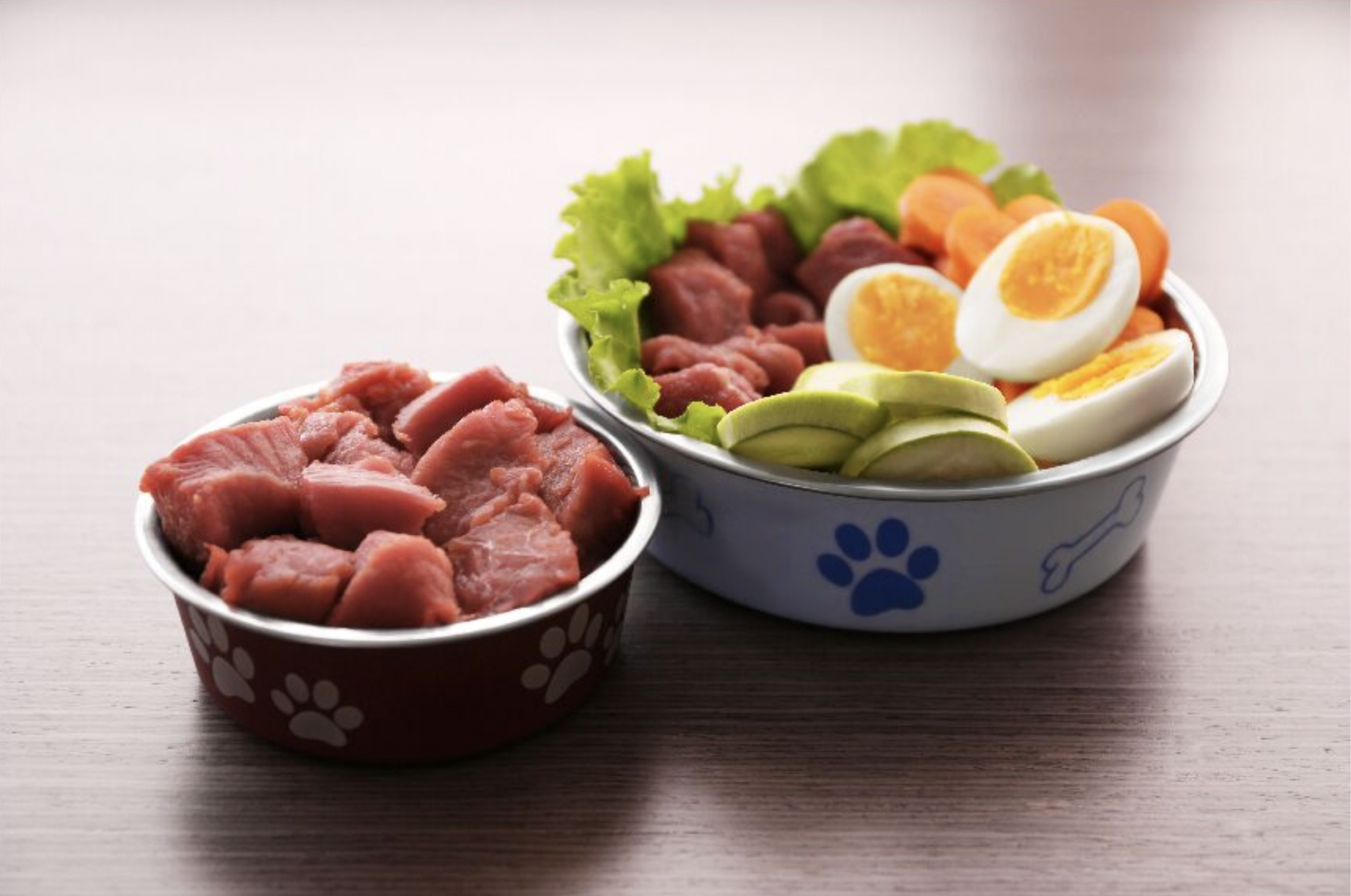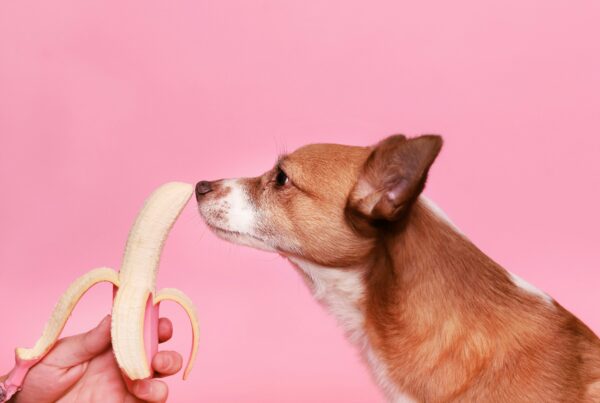Nutrition plays a vital role in the quality of your pet’s life. It can determine anything from how shiny their coat is to how susceptible they are to disease. And this goes for any animal you might have, be it a parrot, dog, cat, chinchilla, hampster, or anything in between. In this way, they’re similar to humans – what we eat ultimately shapes our lives.
That being said, choosing the right type of food for your pet has become all but daunting these days. When you get to a pet store and see the dizzying number of options, decision paralysis is all but common, especially if you’re a first-time pet owner.
It can be tough even for the most experienced among us, which is where professional advice comes in handy. Veterinary nutritionists are there to help us better understand our pets’ dietary needs based on factors like breed and age.
Let’s take a closer look at how a veterinary nutritionist can help you, what you should know about your pet’s nutrition, and its effects.
How Consulting Veterinary Nutritionists Can Help
If you’re struggling to figure out the best type of food for your pet or if they have specific dietary needs, consulting a veterinary nutritionist might be your best option. More and more trusted vet clinics, like Bond Vet Williamsburg, offer nutrition advice services for your four-legged companions, to make things easier both for you and your pet.
A veterinary nutritionist is there to provide guidance and answers to any questions you may have concerning your pet’s health and how it’s connected to their diet. Some of the services your vet nutritionist provides include:
- Consulting about existing health problems and how they can be mitigated through diet
- In-depth health checks to better understand your pet and their needs
- Food and portion recommendations depending on your pet’s health, age, and breed
- Helping obese animals reach and maintain a healthy weight
- Creating a customized meal plan for pets dealing with a specific health problem
- Teaching owners about which pet food and supplements to choose and why, as well as what to pay attention to when switching from one type of diet to another (for example commercial vs. homemade)
- Advice on the specific types of food that would be the best fit for your pet’s unique dietary needs
And the list doesn’t end there. Having a go-to person to consult whenever you’re facing a pet food-related dilemma takes the pressure off while letting you make the best choice for your best friend.
The Role of Nutrition in Your Pet’s Health
The importance of food in your pet’s overall well-being can’t be overstated. It affects your pet’s entire metabolism and you want to make sure you understand what they need.
Finding the food that has that perfect balance of nutrients and minerals can be a lot of work, and here’s what you should pay attention to.
Fats
Just like in human nutrition, fats are not the devil! In fact, they make the absorption of A, E, K, and D vitamins possible, and play a big part in your pet’s energy levels. If you have a dog or a cat, this is particularly important.
Dogs are omnivores, and cats are carnivores – as such, they’re hard-wired to get their energy from meat and fatty acids (omega fatty acids). Sometimes, you can use supplements to improve their diet further, but checking in with your vet nutritionist first is a good idea.
Protein
High amounts of protein in your pet’s food are essential. A diet rich in protein allows your pet to feel good, recover from injuries faster, and it nurtures their muscles throughout life.
The best option is to use animal-based protein, which can be found in high-quality food rich in chicken, beef, fish, and lamb. That way, your pet gets all the amino acids they need to stay strong and healthy for a long time.
Carbs
The final important component of your pet’s optimal diet is carbohydrates. They have their own role in supporting your pet’s health, as they’re the ultimate energy source and in charge of balancing gut health.
Dry foods can contain a lot of carbs, which is absolutely ok, as long as a part of it is fiber, which helps with regular bowel movements.
It’s important to note here that consuming food that is high in carbs, but not in nutritional value can lead to your pet’s obesity. It’s a good idea to use food that’s made of protein (meat) and veggies to give your furry friend everything they need.
What does your pet get from proper nutrition?
Your pet’s diet is closely related to their overall well-being, similarly to how our diet determines our quality of life.
When your pet eats food that has all the right nutrients for them, they’ll thrive in every way. Here are just some of the benefits they’ll enjoy:
- High energy levels and better mental acuity
- A strong immune system that helps fend off diseases
- Healthy digestive tract, crucial for overall well-being
- Great muscle development and staying fit
- Soft and shiny fur
The benefits of healthy nutrition are many, and the earlier you start, the better. The way poor nutrition affects our pets isn’t immediately visible, but when you do see the effects, the recovery can be long, expensive, and exhausting for both of you.
By asking a veterinary nutritionist for help, you’re ensuring a fast track to a happy and healthy life for your four-legged friends. And by extension, an even better life for yourself.
Photo credit:
Did you find this city dog content helpful? Share it with a friend or link it to social media. Enjoy short clips of silly dogs? Best dog training videos? Holistic puppy training tips? Follow us on instagram @nydognanny or on YouTube at nydognanny. Have some news you needs to get to dog and cat parents stat? Email info@newyorkdognanny.com with your article pitch.



